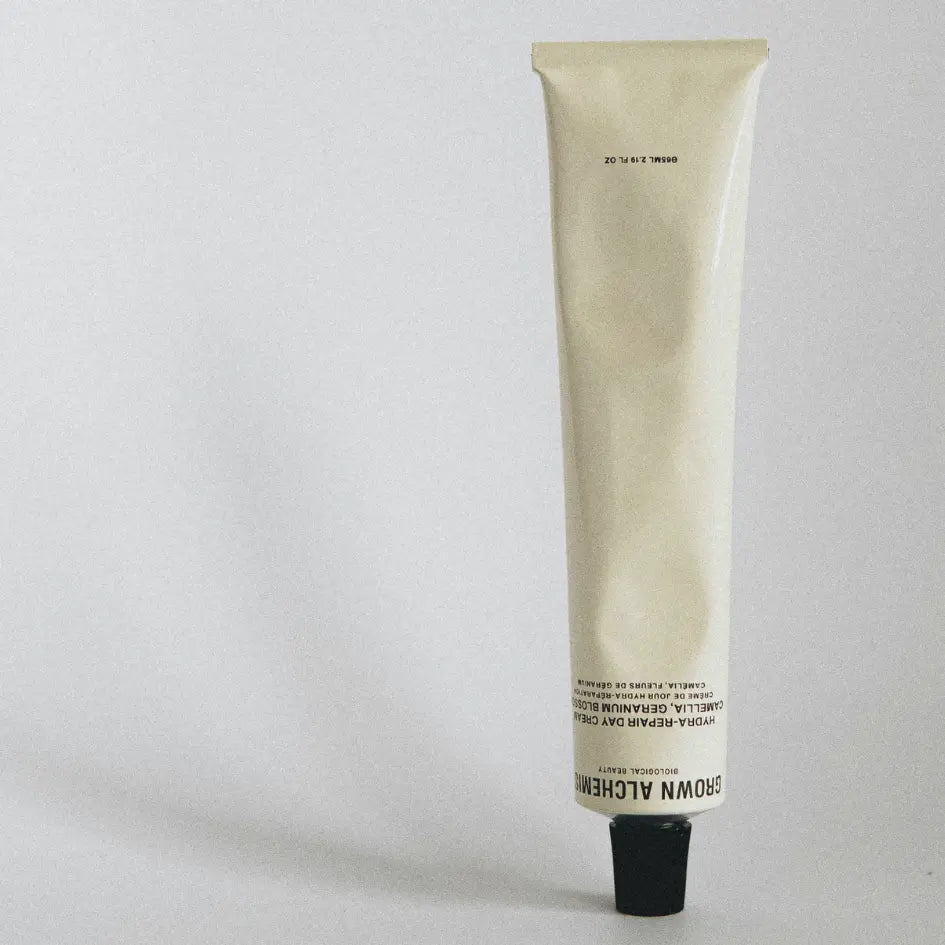Lo & Sons
Our ratings are based on a scale from 1 (Avoid) to 5 (Top Choice).
See how we rate.
The Shifting Gaia rating evaluates brands based on sustainable practices, ingredients and materials, and social responsibility, among others. Below are a few factors influencing this brand's score:
overview
about
Lo & Sons is a travel and lifestyle brand producing bags and accessories from sustainable and recycled materials. Highlights
• Recycled textiles & cactus leather
• FSC-certified packaging
• OEKO-TEX certified fabrics
• Circular repair & resale
• Future-Fit member
sustainability
details:
Packaging
100% of Lo & Sons' plastic packaging is made from certified recycled materials and is recyclable. They ship products in custom-designed recyclable cardboard boxes and have switched to recycled fabric dust bags and hang tags. Even small details are addressed: hang tags use recycled string and soy-based inks.
Material Sustainability
The brand reports that by 2023, 79% of its collection used sustainable materials like recycled plastics, organic fibers, or responsibly sourced leather. Renewable plant-based materials (organic cotton canvas, Nopal cactus leather) are used alongside recycled synthetics (recycled poly/nylon) and responsibly sourced animal-based materials (LWG-certified leather).
Certifications like Leather Working Group for leather and likely Global Recycled Standard for recycled fibers (implied by the “certified recycled” claims) back up the material sourcing. Most Lo & Sons bags are not biodegradable due to polyester content. Notably, 100% of Lo & Sons bags now use recycled polyester linings.
End-of-life remains challenging (mixed materials can complicate recycling), but Lo & Sons mitigates this by facilitating second-life options like resale or upcycling.
Energy Use and Footprint
Some of Lo & Sons' *partner factories use solar power installations. The brand has also taken steps to ship products efficiently (consolidating items in one box, using sea freight where possible) and is transparent about its progress. They have not yet published a quantified emissions total, but they do acknowledge the need to measure and reduce emissions. Additionally, Lo & Sons is part of the Future-Fit Changemaker Community, indicating it is benchmarking itself against holistic sustainability goals (including climate impact) and public accountability.
Waste Management
Some of Lo & Sons' *partner factories have systems to convert and recycle wastewater on-site. Importantly, Lo & Sons has embraced circular economy initiatives to handle product waste. Recognizing that even durable bags eventually wear out, the company partnered with The Renewal Workshop to give used bags a second life. Through this program, Lo & Sons collects used or damaged bags from customers, repairs or refurbishes them, and resells them as “renewed” products.
Additionally, Lo & Sons launched an Upcycled Collection with Looptworks that transforms scrap materials and unsellable inventory into new limited-edition bags.
Business Model
Lo & Sons' business model inherently supports mindful consumption and sustainability. Unlike fast-fashion brands, Lo & Sons does not release rapid-fire seasonal collections or constantly chase trends. Lo & Sons also supports resale and repairs through external partnerships.
non-toxic
details:
Lo & Sons' uses Nopal cactus leather, a plant-based and non-toxic leather alternative to PVC faux leather (which can leach microplastics and contain phthalates and chlorine). Moreover, Lo & Sons fabrics are certified to be free of hazardous substances. According to product descriptions, the company's textiles meet OEKO-TEX Standard 100 requirements. For example, the Catalina Deluxe Tote is advertised as “made with chemicals safer for human health and the environment, as certified by OEKO-TEX. An OEKO-TEX Standard 100 certification means every component of the fabric (dyes, threads, coatings, etc.) has been tested for substances like heavy metals, formaldehyde, azo dyes, and BPA/BPS
Lo & Sons also sources leather from tanneries that uphold strict chemical management. The gold-rated Leather Working Group tanneries avoid the most harmful tanning agents and ensure no chromium VI or other dangerous tanning byproducts remain in the finished leather.
Additionally, the use of soy-based inks on packaging and tags demonstrates a preference for low-VOC, non-toxic print materials.
social responsibility
details:
The company is not fully vertically integrated (its manufacturing is outsourced to factories in Asia), but it demonstrates due diligence in choosing and monitoring those suppliers. To ensure fair labor practices, Lo & Sons became a member of the Future-Fit Business Benchmark's Changemaker Community. This membership suggests the company is actively assessing its social and labor impacts against a rigorous framework.
Lo & Sons navigates animal welfare by balancing the use of animal-derived materials with cruelty-free alternatives and high sourcing standards. Lo & Sons does not use exotic animal skins, fur, or angora.
One of their most notable social initiatives was the Healthcare Heroes program in 2020. At the height of the COVID-19 pandemic, Lo & Sons decided to support frontline medical workers by donating bags to nurses, doctors, and other healthcare professionals. Beyond this large one-time campaign, Lo & Sons engages in ongoing community and charitable efforts. The company has a practice of giving a portion of proceeds to nonprofits and social causes regularly.


